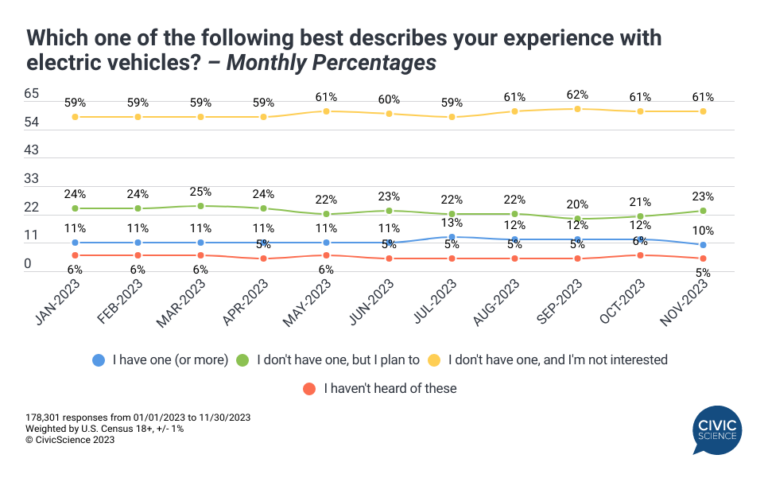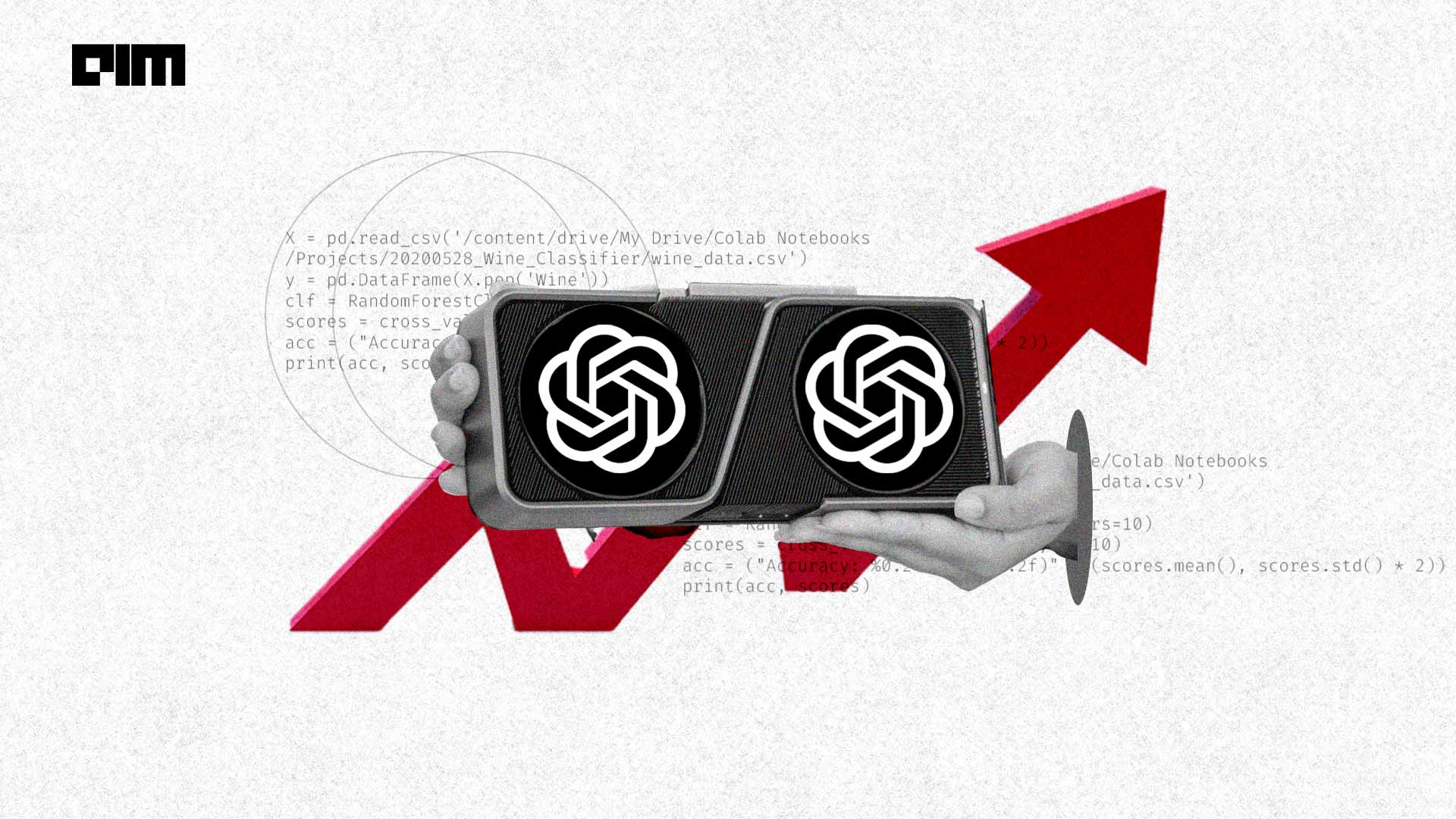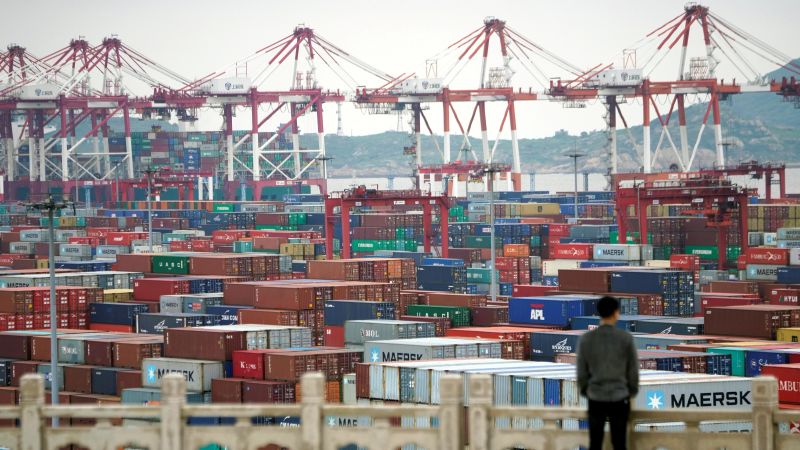Auto Dealers Double Down On Resistance To Electric Vehicle Regulations

Table of Contents
Financial Stakes and the Existing Business Model
Many dealerships' business models are deeply entrenched in the sale and servicing of gasoline-powered vehicles. The transition to EVs presents a significant challenge to this established system.
Dependence on High-Margin Gas Vehicle Sales
- Higher profit margins on internal combustion engine (ICE) vehicles compared to EVs: Currently, the profit margins on ICE vehicles are considerably higher than those on EVs. This difference is a major incentive for dealerships to prioritize ICE vehicle sales.
- Established service departments geared towards ICE vehicle maintenance: Dealerships have invested heavily in infrastructure and personnel trained to service ICE vehicles. Transitioning to EV service requires significant retraining and new equipment.
- Uncertainty regarding the future profitability of EV servicing: The long-term profitability of EV servicing remains unclear. EVs have fewer moving parts, potentially reducing the need for frequent and extensive maintenance.
Investment Costs in EV Infrastructure
Adapting to the EV market requires substantial upfront investment. Dealerships face significant financial hurdles in upgrading their infrastructure to support EV sales and service.
- Need for specialized EV charging stations: Installing fast-charging stations requires a considerable capital investment and specialized expertise.
- Training technicians on EV repair and maintenance: Technicians need specialized training to diagnose and repair EVs, requiring costly training programs.
- Investment in new diagnostic equipment for EVs: EV diagnostics require specialized equipment, adding to the overall investment burden.
Concerns about Consumer Adoption and Market Readiness
Dealerships cite concerns about consumer adoption and market readiness as reasons for their resistance to stricter electric vehicle regulations.
Range Anxiety and Charging Infrastructure Gaps
Range anxiety and the lack of widespread charging infrastructure remain significant barriers to EV adoption. These concerns are frequently amplified by dealerships.
- Concerns about long charging times impacting daily commutes: Compared to refueling gasoline vehicles, charging EVs can take considerably longer, impacting daily routines for some consumers.
- Uneven distribution of public charging stations, particularly in rural areas: The availability of public charging stations varies significantly across geographic locations, hindering EV adoption in certain regions.
- Fear of "range anxiety" deterring potential EV buyers: The fear of running out of charge before reaching a charging station is a real concern for many potential EV buyers.
Uncertainty over Government Incentives and Consumer Demand
The success of EV adoption hinges on government support and consistent consumer demand. Dealerships argue that the current level of support is insufficient to drive widespread adoption.
- Fluctuations in government subsidies and tax credits: Changes in government policies regarding subsidies and tax credits create uncertainty for both dealers and consumers.
- Dependence on evolving consumer preferences: Consumer preferences are dynamic and influenced by various factors, including price, range, and available charging infrastructure.
- Uncertainty about the long-term market viability of EVs: The long-term market viability of EVs, especially considering technological advancements and evolving consumer demands, remains a source of concern.
Lobbying Efforts and Political Influence
Auto dealer associations are actively involved in lobbying efforts to influence policies related to electric vehicle regulations.
Influence on Policy Makers and Regulatory Bodies
Dealerships exert considerable influence on policy makers through lobbying and advocacy groups.
- Funding of political campaigns aligned with their interests: Dealerships and their associations contribute financially to political campaigns that support their stance on EV regulations.
- Influencing legislation related to EV mandates and emission standards: Through lobbying efforts, dealerships aim to influence the creation and implementation of legislation related to EV mandates and emission standards.
- Use of advocacy groups to shape public opinion: Dealerships utilize advocacy groups to shape public opinion and influence the narrative surrounding EV adoption.
Resistance to EV Sales Mandates and Emission Standards
Dealerships actively resist government mandates that set targets for EV sales or impose stricter emission standards.
- Arguments against government interference in market dynamics: Dealerships argue against government intervention in market dynamics, claiming it distorts the natural market forces.
- Concerns about potential job losses in the ICE vehicle sector: The transition to EVs raises concerns about potential job losses in the ICE vehicle sector.
- Claims of unfair competition from electric vehicle manufacturers: Some dealerships argue that they face unfair competition from established electric vehicle manufacturers.
Conclusion
The resistance from auto dealers to stricter electric vehicle regulations stems from a complex interplay of financial concerns, market uncertainties, and organized political lobbying. This resistance underscores the challenges inherent in transitioning to a cleaner transportation future. Addressing these concerns through constructive dialogue and innovative solutions is vital for overcoming resistance to electric vehicle regulations and fostering a sustainable automotive industry. Learn more about the evolving landscape of electric vehicle regulations and their impact on the automotive industry.

Featured Posts
-
 Gpu Prices A Look At Current Market Trends And Predictions
Apr 28, 2025
Gpu Prices A Look At Current Market Trends And Predictions
Apr 28, 2025 -
 Office365 Data Breach Millions In Losses Criminal Charges Filed
Apr 28, 2025
Office365 Data Breach Millions In Losses Criminal Charges Filed
Apr 28, 2025 -
 Mwed Antlaq Fn Abwzby 19 Nwfmbr
Apr 28, 2025
Mwed Antlaq Fn Abwzby 19 Nwfmbr
Apr 28, 2025 -
 Yankees Judge And Goldschmidt Deliver In Must Win Game
Apr 28, 2025
Yankees Judge And Goldschmidt Deliver In Must Win Game
Apr 28, 2025 -
 China Quietly Eases Tariffs On Select Us Products
Apr 28, 2025
China Quietly Eases Tariffs On Select Us Products
Apr 28, 2025
